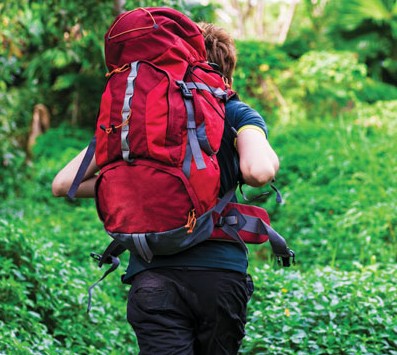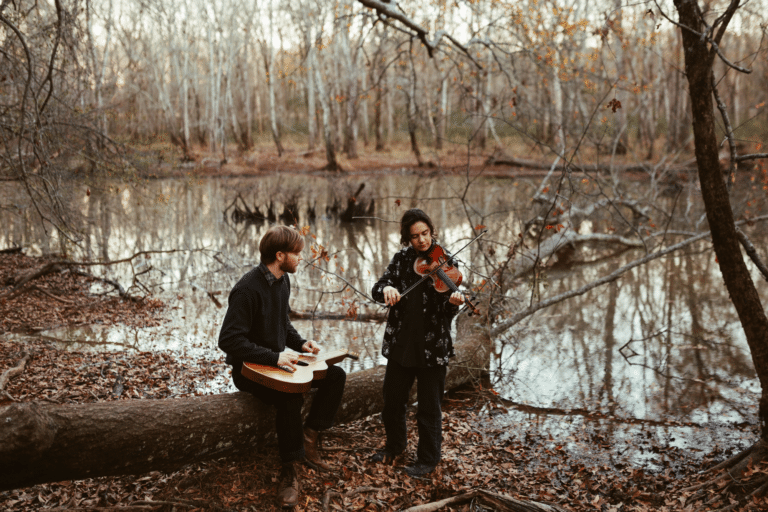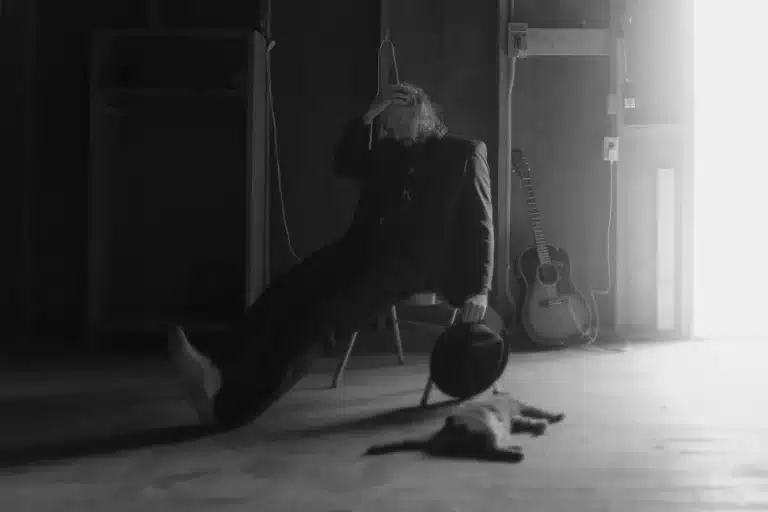As a backpacker and the mother of a two year old, I wonder if and how and when we will ever be able to hike long distances as a family. That question seems to be getting more attention with exceptionally younger thru-hikers tackling the trail.
In 2013, a five-year-old boy known by his trail name “Buddy Backpacker” hiked the entire Appalachian Trail with his parents and became the youngest recorded thru hiker on the 2,189-mile trail. In 2014, Buddy and his family completed the 2,663-mile Pacific Crest Trail. That same year, Lisa Murray started the Appalachian Trail with her three-year-old twins, Tess and Cole. The twins spent their fourth birthday on the trail and managed to cover over 1,000 miles in 4 months. This year, Tess and Cole plan to finish their A.T. journey in mid-September.
Are these families providing a positive life-changing adventure for their children, or are they pushing the limits—and their offspring—a little too far?
Cindy Ross is a mother, author, and adventurer who made long distance trips with her kids. She trekked the 550-mile Colorado Trail with four llamas, a three-year-old daughter, and a one-year-old son. They turned that hike into the start of a Continental Divide Trail traverse and finished the 3,000-mile journey in five summers.
Yet Cindy does express concerns about young children undertaking long-distance hikes. “My kids had a choice to ride (a llama) or hike, and they never had to carry anything. They were completely in charge of the trip. We took breaks every hour and allowed as much time to play as to hike. Moderation is also really important. We were never out there more than eight weeks. I wouldn’t have wanted to take my kids out there for six months at a time. I didn’t want to push them.”
There are, however, children who like to push themselves (and their parents), like Asher Molyneaux, who was seven years old when he approached his father and asked if they could hike the Appalachian Trail. He was eight years old when he completed the journey, with his father Paul devotedly hiking behind him. “It was his hike,” Paul says. “Asher hiked in front to set the pace and determine our mileage. We were only out there as long as he wanted to be out there.”
Most eight year olds are attending second grade, but Asher and many of the children hiking the trail are homeschooled by their parents—and the trail. “I remember people asking me about his education, and I always thought it was such a strange question,” said Paul. “He was getting the best education possible from the trail and the people on it.”
Looking back now at age 13, Asher says, “I was learning so much on the trail and from the people I met on the trail. We ended up hiking with a naturalist, a drag racer, and an astronomer. I learned a lot of things that not everybody else got to learn.”
When asked about the risk of hiking with young children, Paul points out that it’s more dangerous to put your kid in a car seat than to take them hiking on the Appalachian Trail. “I wasn’t nervous,” Asher adds. “The fear of the woods wasn’t instilled in me.” Now Asher wants to do the trail again but says he will probably wait until he’s sixteen.
Still, most parents, myself included, have hesitations about taking their young children on long-distance backpacking trips for physiological and psychological reasons. Consulting with a doctor and talking through these concerns will help families feel better prepared on the trail.
Mother, backpacker, and pediatrician Tracy Macpherson does not believe that an extended trip would adversely harm a child developmentally. “The human body is amazing,” she says. “It is fully equipped to respond and adapt to the stresses imposed. I suspect this is even more true with children. With the proper training, anyone—including children—will become more physiologically ready for an extended backpacking trip.” Any ill effects would only arise from poor preparation or pushing children beyond their ability.
The common theme among parents who hike successfully with young children is this: it is not the parent’s hike—it is the child’s journey. When there is no emotional attachment to success or a finish line, there is also no age limit on adventure and self-discovery.
There will most likely always be concern and backlash against children hiking long-distance, but perhaps that is because we live in a culture where most children are not spending much time outdoors. I have met young long-distance hikers like Asher Molyneaux and Buddy Backpacker, and when I talk to them about the trail, they typically smile, laugh, and light up with excitement. That seems like a good indicator that these kids are capable and old enough to hike the trail. Because as Cindy Ross puts it, “It’s impossible to make a small child fake being happy.”








